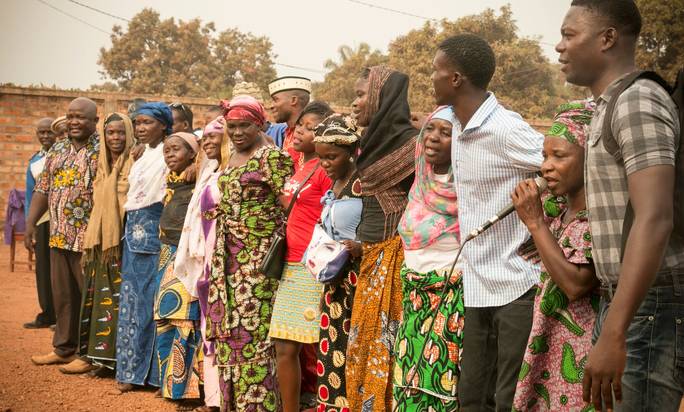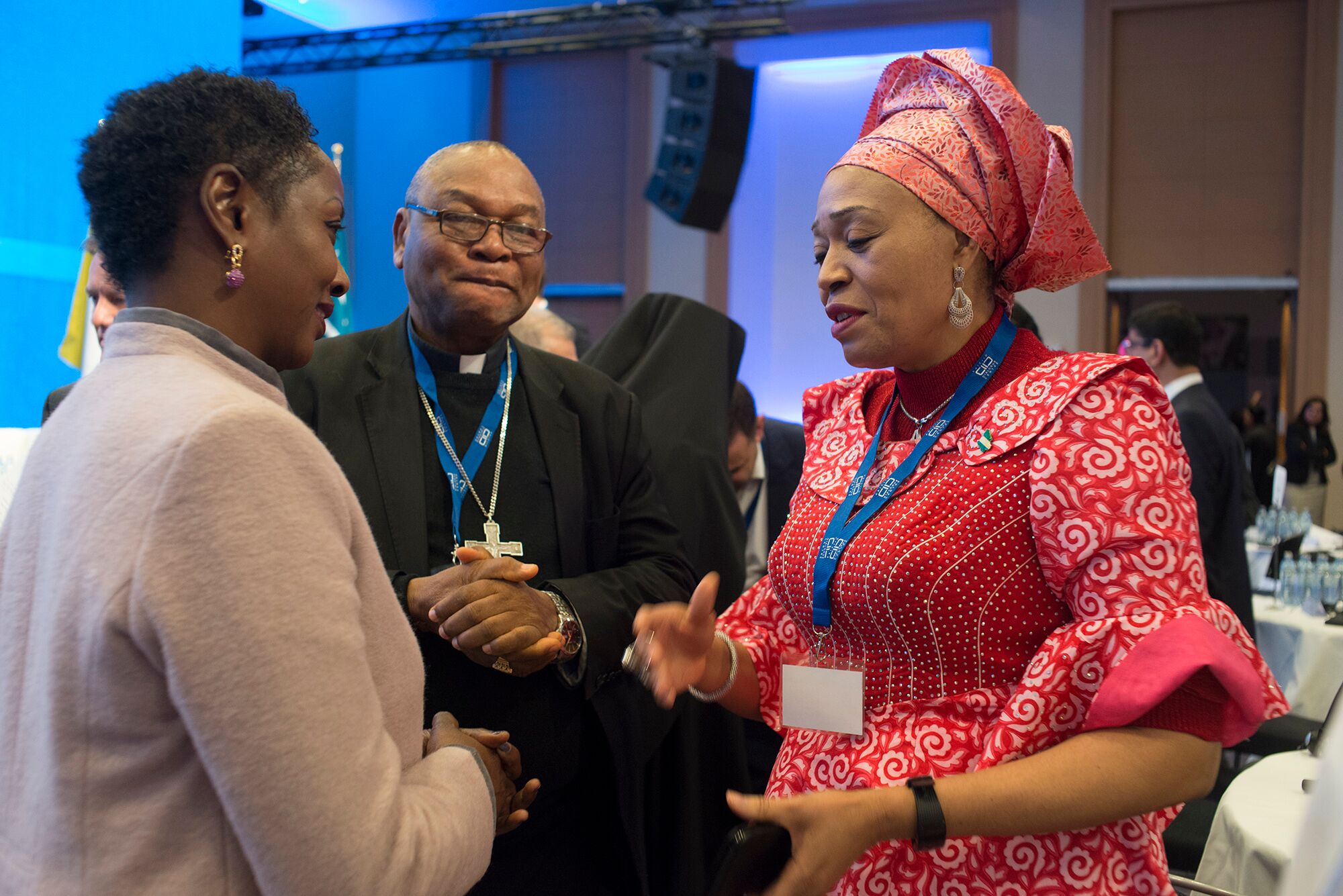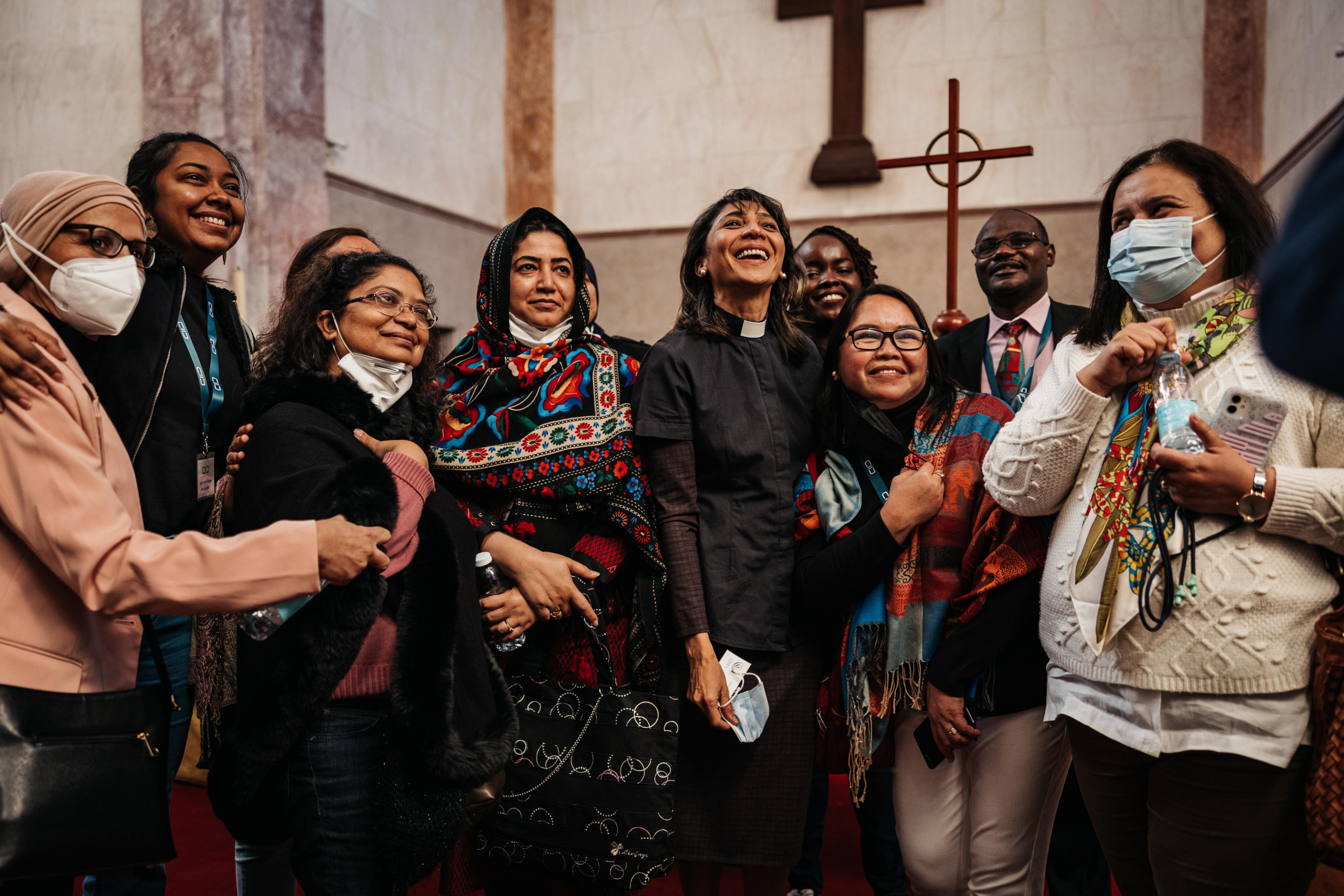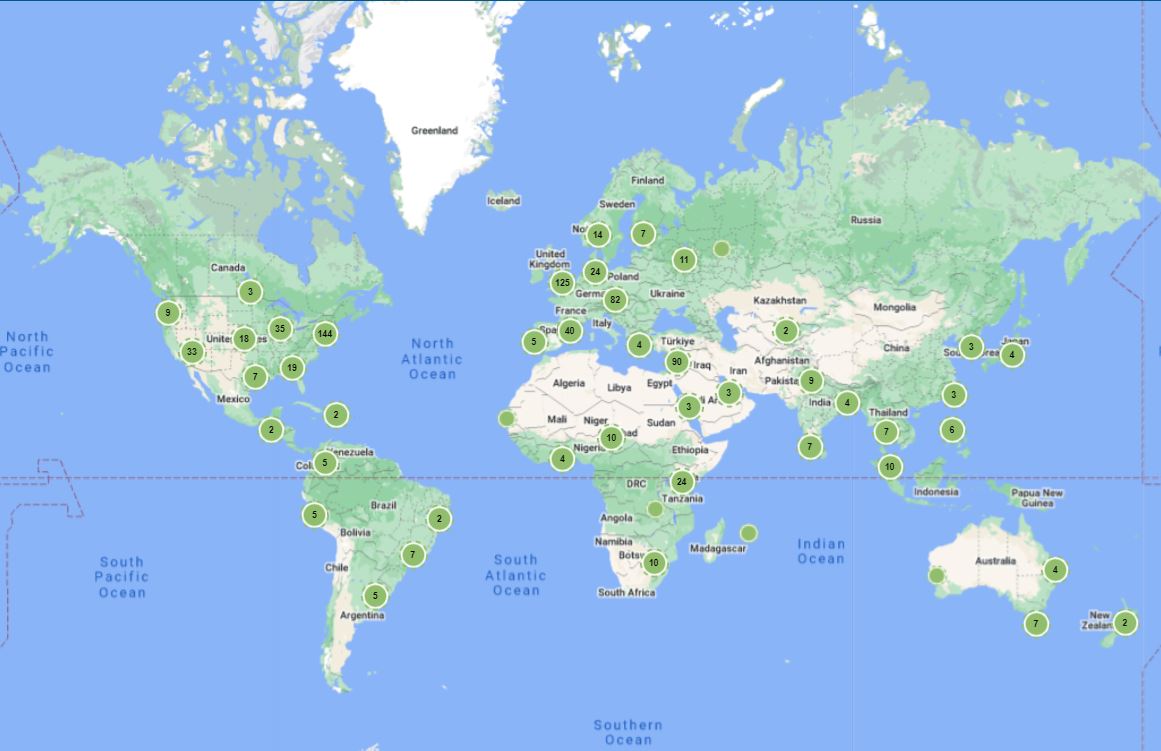Promising Practices
Promising Practices is a collation and expansion of existing documentation on promising practices in interreligious dialogue. Our database offers guidelines and focuses on the concrete implementation of interreligious and intercultural dialogue practices around the world.

Disclaimer:
Through providing different aspects and ideas our aim is to compliment the great work that has been already done in the field of Interreligious and Intercultural Dialogue. Information and field data published in this resource are for informational purposes only, and neither KAICIID nor the Dialogue Knowledge Hub guarantee in any way success of the implementation of the activity.
While we wish all the activities and initiatives featured in this resource could be replicable in as many context around the world as possible, there are often certain limitations, such as the suitability for particular cultures or religious communities. However, there is always room to explore and adjust activities in regards to the community’s environment.
- India
- Tanzania
- Advocacy
- Capacity Building & Empowerment
- Democracy
- Intercultural Dialogue
- Interreligious Dialogue
- Intrareligious Dialogue
- Networking
- Peace
- Shared Human Values
- Social Cohesion & Citizenship
- Social Work & Community Service
- Christianity
- Islam
- Multireligious
- Sikh
Interfaith Fund Raising Activities
A religious or interreligious group gets together to raise funds for any interreligious project. It begins with selecting which project(s) will be allocated money and how much. The process of jointly agreeing on which project(s) is/are to be funded and how crosses boundaries between those participating religious communities. It also allows to focus on activities that all parties involved consider worth supporting. Meeting rooms of religious communities or NGOs or individual homes can serve as a meeting place. By taking professional decisions connected to finance, participants practice interfaith engagement, collaboration and agreement and gain more trust in each other. This, in turn, can trigger a chain of solidarity between different faith communities.




